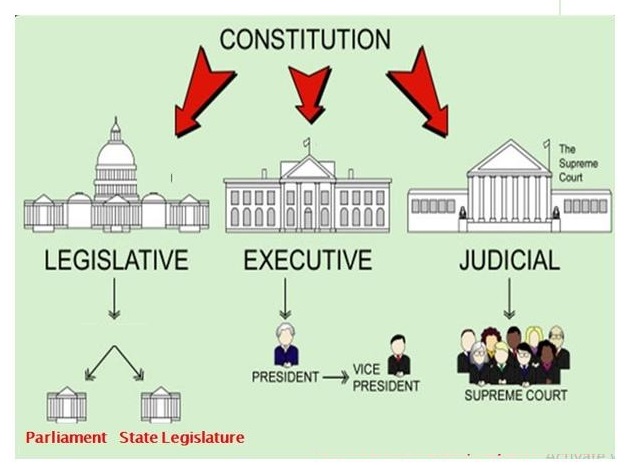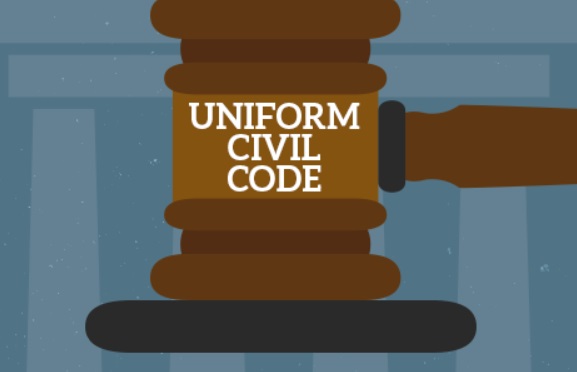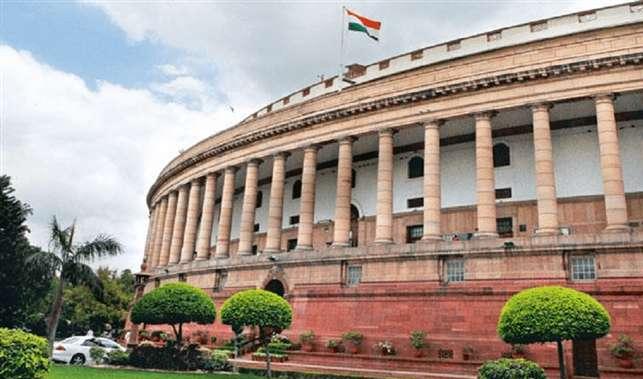Updated By: LatestGKGS Desk
Privileges to the President And The Constitution of India

The Constitution of India guarantees the following privileges to the President of India
The President shall not be answerable to any Court for the exercises and performance of the powers and duties of his office, or for any act done or purported to be done by him in the exercise of those powers and duties.
However, the conduct of the President may be brought under review by any court, Tribunal or body appointed or designated by either Houses of Parliament for the investigation of the charges in impeachment proceedings.
No criminal proceedings whatsoever shall be instituted and continued against the President in any court during the term of his office.
No process for the arrest or imprisonment of the President shall be issued by any court during the term of his office.
No civil proceeding in which the relief is claimed against the President shall be instituted during the term of his office in any court in respect of any act done or purported to be done by him in his personal capacity whether before or after he had entered upon his office, until :
(a) a notice in writing has been issued to the President,
(b) two months have been elapsed after the service of such notice, and
(c) the notice states the nature of the proceeding, the cause of action, the name, residence, and description of the party taking the proceedings, and the relief claimed.


